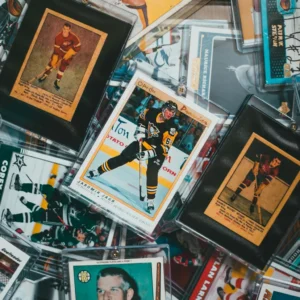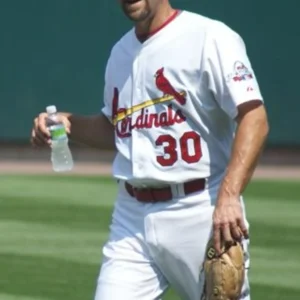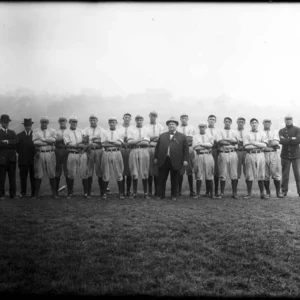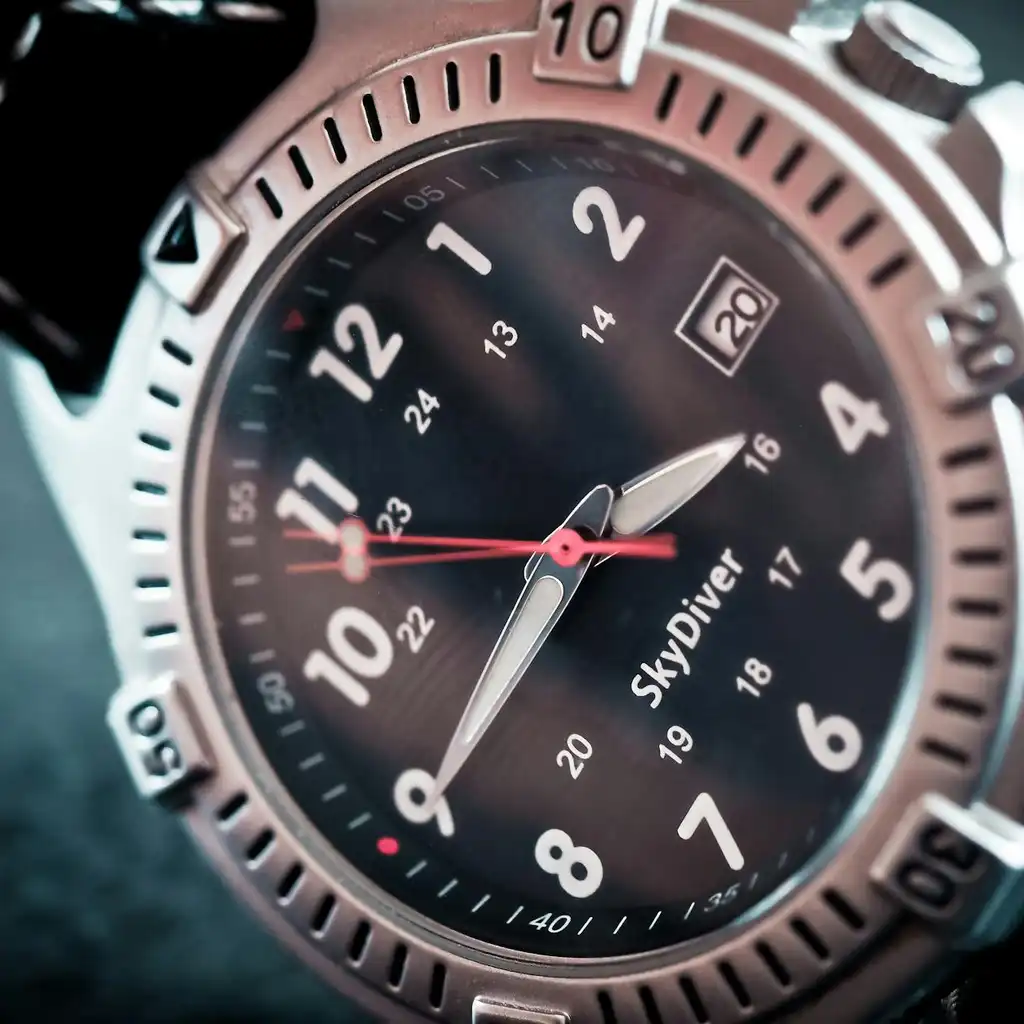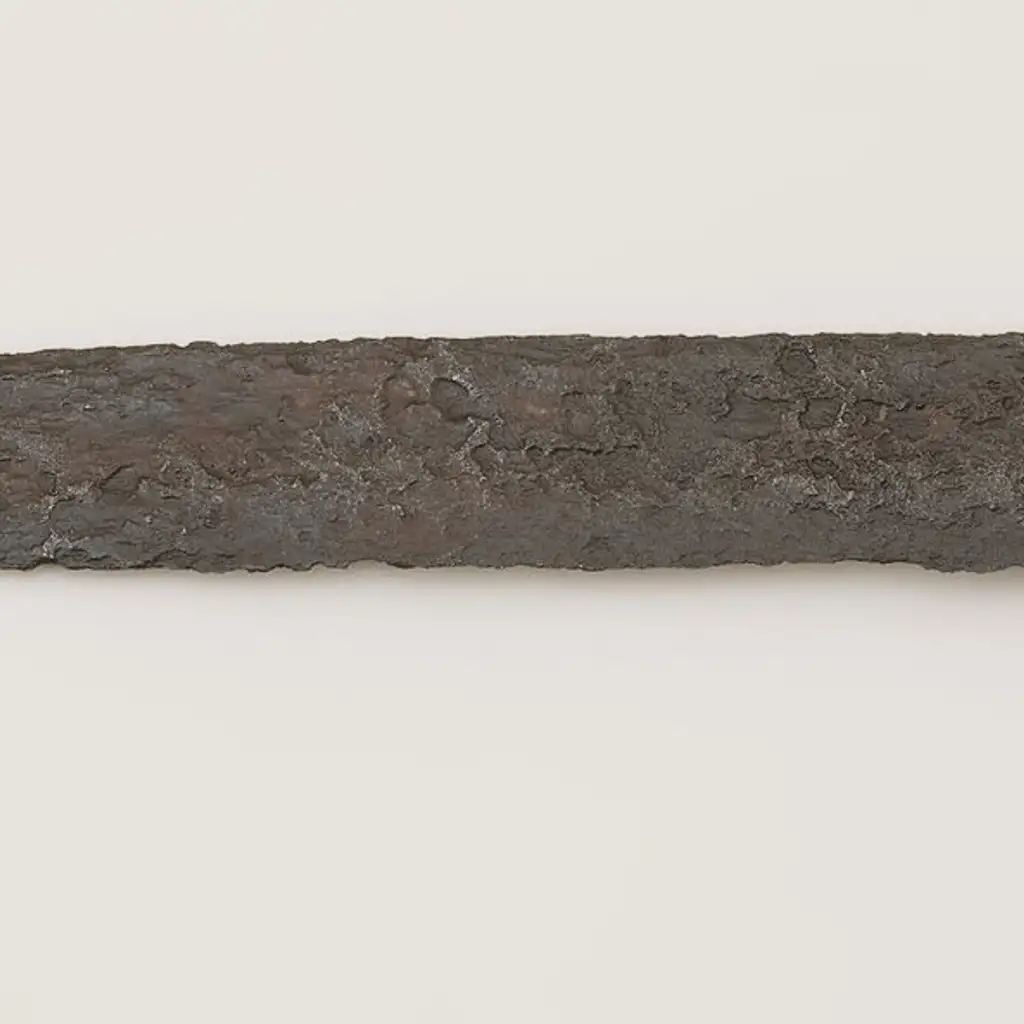These face-to-face meetings have been the backbone of the rich hobby, or so enthusiasts sometimes refer to it, for years. But this niche of the sports retail industry is likely to change quite a bit. Fanatics, already a strong player in the sports merchandise realm through its ties with professional leagues and replica jersey sales, has just arrived in this very injury market with deep pockets and a few superstars in tow, such as…Thus analog meet-ups have for long been the building blocks of the multi-billion hobby, as enthusiasts prefer to call it. That niche, however, in the sports retail is about to experience a major overhaul. Fanatics, already a heavy player in the sports merchandise through alliances with professional leagues and sales of replica jerseys, have just now hit this very injury market, with deep pockets and a few superstars in tow.
A couple of years back, Fanatics sealed a deal with MLB and its players’ union for an exclusive partnership for trading cards. Soon after, the company acquired Topps, the erstwhile and legendary company of trading cards, at a price of about US$500 million and has well established itself as a major player in a nearly US$44 billion industry. “This is an industry that’s lived in the shadows, for all intents and purposes, and now we are bringing a degree of prominence and relevance to it,” said Mike Mahan.
Fanatics’ Aggressive Expansion
Fanatics’ entry has caused unease among many in the trading card community. Chris Keller, a collector and shopkeeper in Elgin, Illinois, noted that the memorabilia world was overdue for disruption. To achieve dominance, Fanatics employs a strategy similar to its approach in the sports apparel sector: acquiring key industry components, leveraging connections with athletes and leagues, and sidelining those hindering growth. The company collaborates closely with sports leagues, who have invested heavily in Fanatics, creating new products and becoming a just-in-time supplier of licensed gear.
Fanatics has focused on direct selling in the hobby collectibles marketplace to eliminate intermediaries. Now, Topps sells directly to nearly 700 hobby shops up from 180 before the acquisition of Fanatics. Fanatics also purchased GC Packaging, a top card printer, for better quality and dependability, and bought PWCC, the next largest online marketplace for trading cards.
Legal Battles and Market Impact
So many small shopkeepers were thrown into the dust after Fanatics absorbed the merchandise business. Now, hobby shop owners, distributors, and competing card companies all fear that Fanatics will corner yet another portion of the card industry just to jack the price up. Legal battles have begun as Panini, Fanatics’ greatest competitor, opened a lawsuit against it. Panini, holding deals with the NBA and associated with the NFL, which will expire in 2025 and 2026 respectively, accused Fanatics of forming antitrust actions.
With Fanatics allegedly claiming fraud and poor service against Panini in an order countered, Fanatics of Michael Rubin, the founder and CEO, opines that the company was in need of change and innovation. Major litigation has painted divide deep into the visions for the sports memorabilia business.
Innovation and Future Prospects
More skeptical shopkeepers have balked at what they see as chaos, while others like Keller have welcomed it. Keller has been one of the first to explore the online space, selling cards via YouTube since 2011. During the pandemic, live breaking, or opening card packs online for viewers to purchase, became major moneymakers. With Fanatics Live, Rubin is seeking to radically alter the industry again: an online platform to compete with YouTube and others is designed to give breakers direct access to the customer base from which they can sell.
While the stores are the foundation of the card world, owners are adapting to the influence of Fanatics in different ways. New Jersey shop owner and veteran Mike Calvanico says he focuses on selling boxes and cases instead of singles. He says Panini has recently come out with more popular card series among some of his customers.
At the card show in Chicago, many shopkeepers expressed optimism that Fanatics would bring celebrities and athletes to their stores to help build up business. Collectors like Sean Doroudian, who is really big into trading cards, can’t get Fanatics to do more fast enough. While Mahan listens to the podcast feedback from these shows, the company continues on its own pathway to completely reshape the sports collectibles industry.


